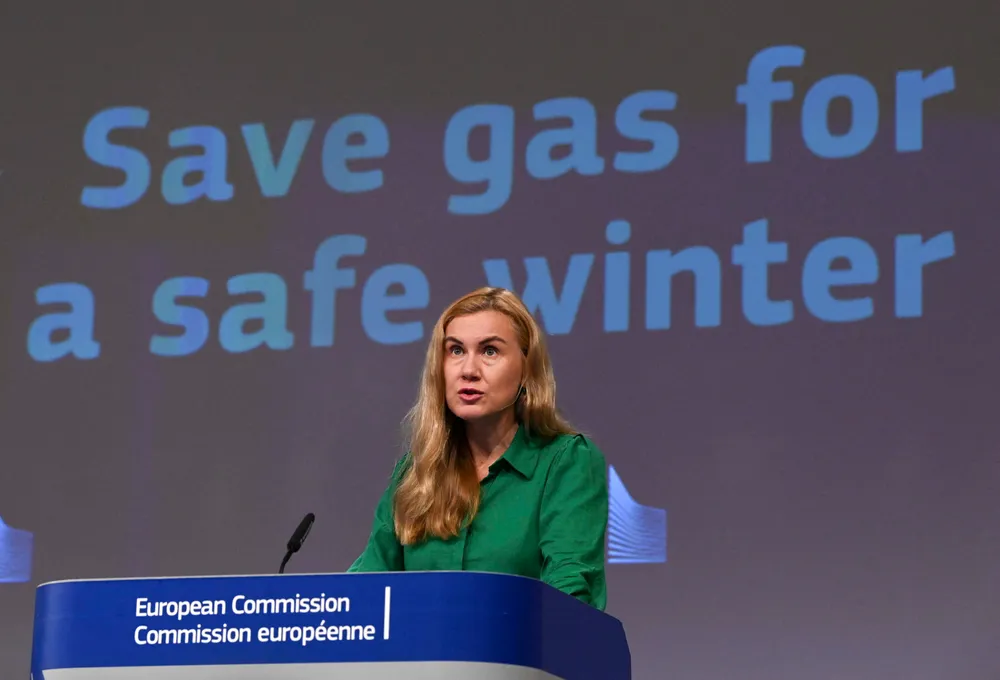Let's get serious about curbing fossil fuel demand
Germany is acting to reduce energy consumption and the International Energy Agency has outlined energy-efficiency measures, but broader actions are needed to curb emissions

Germany is acting to reduce energy consumption and the International Energy Agency has outlined energy-efficiency measures, but broader actions are needed to curb emissions
